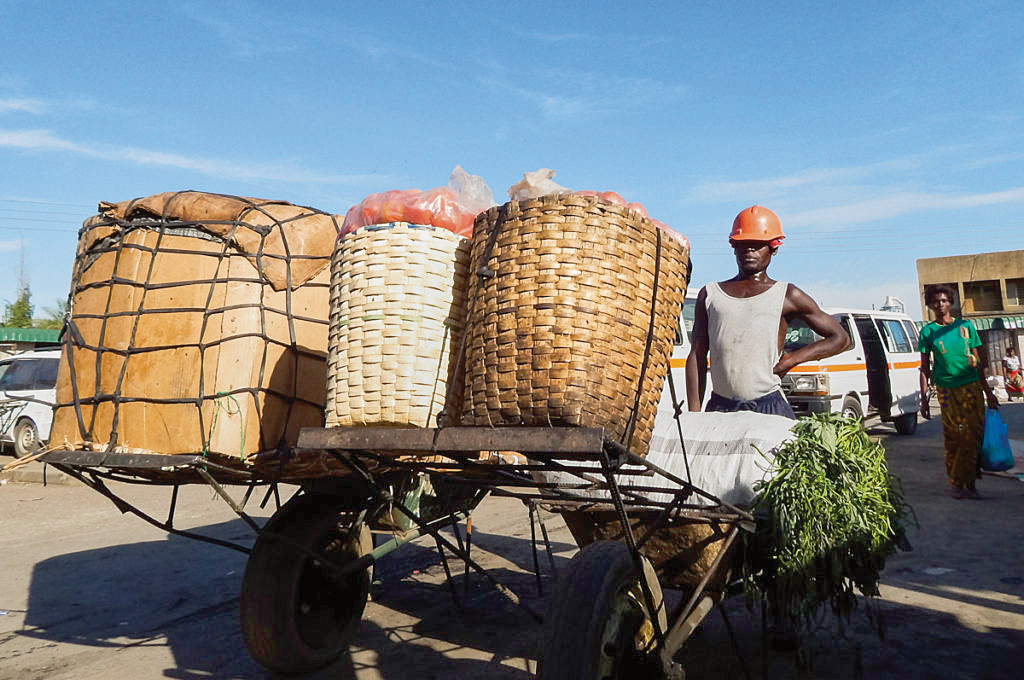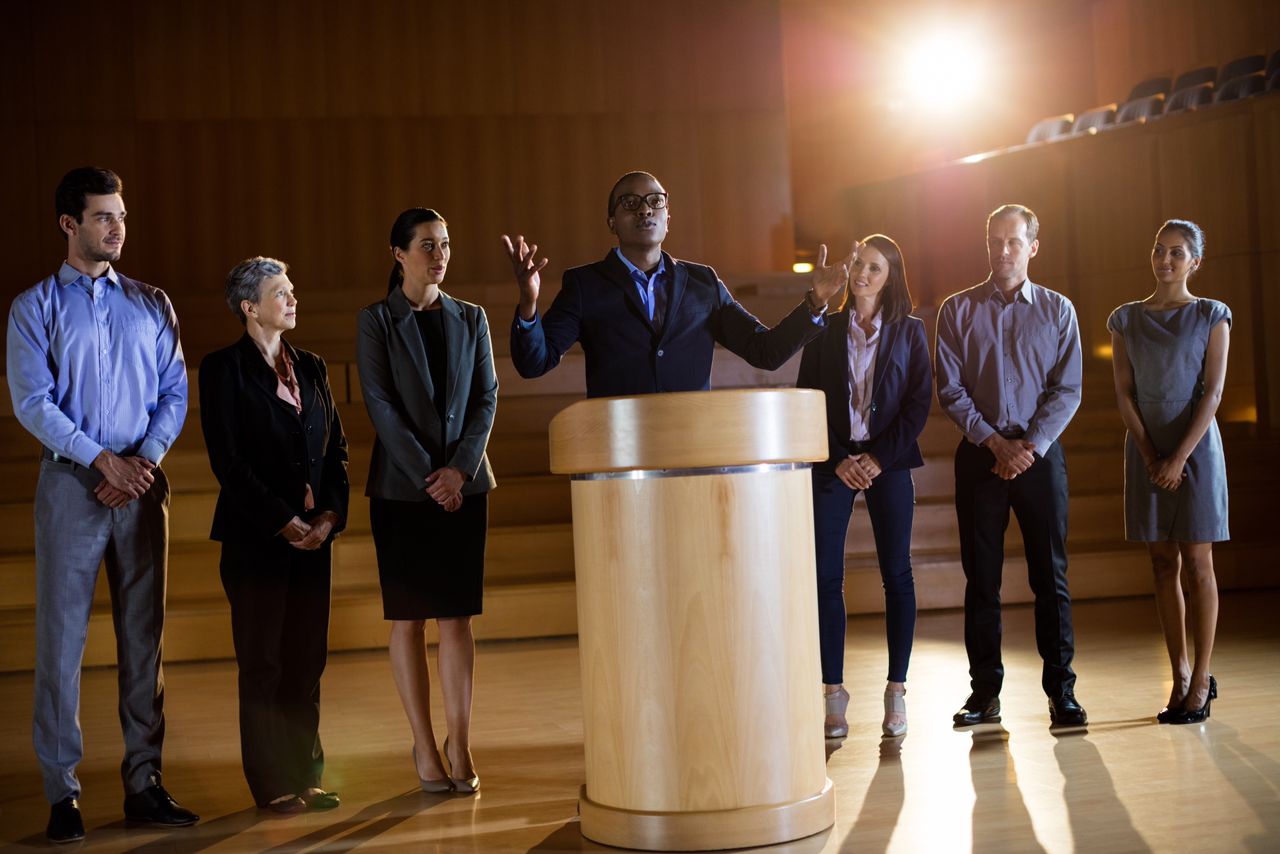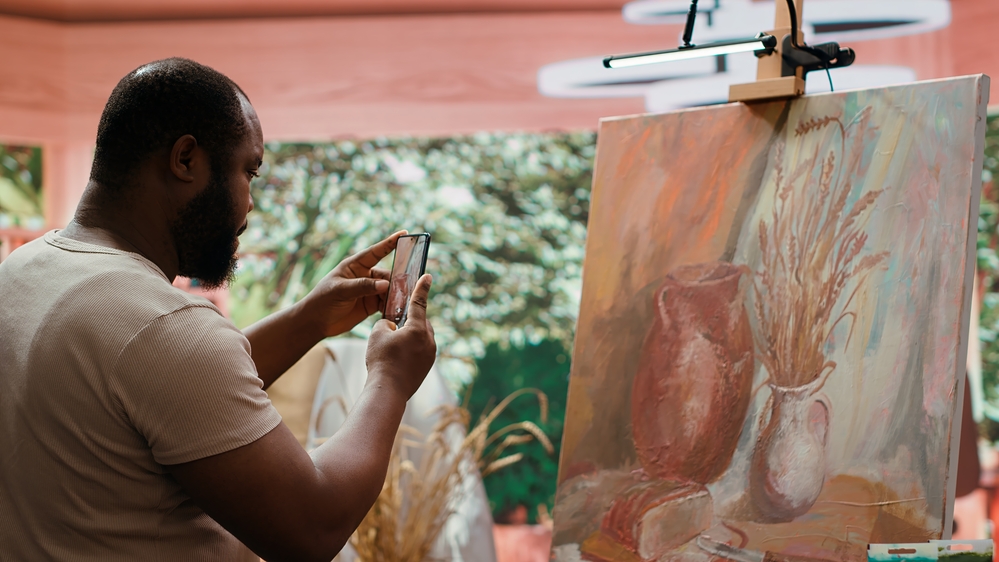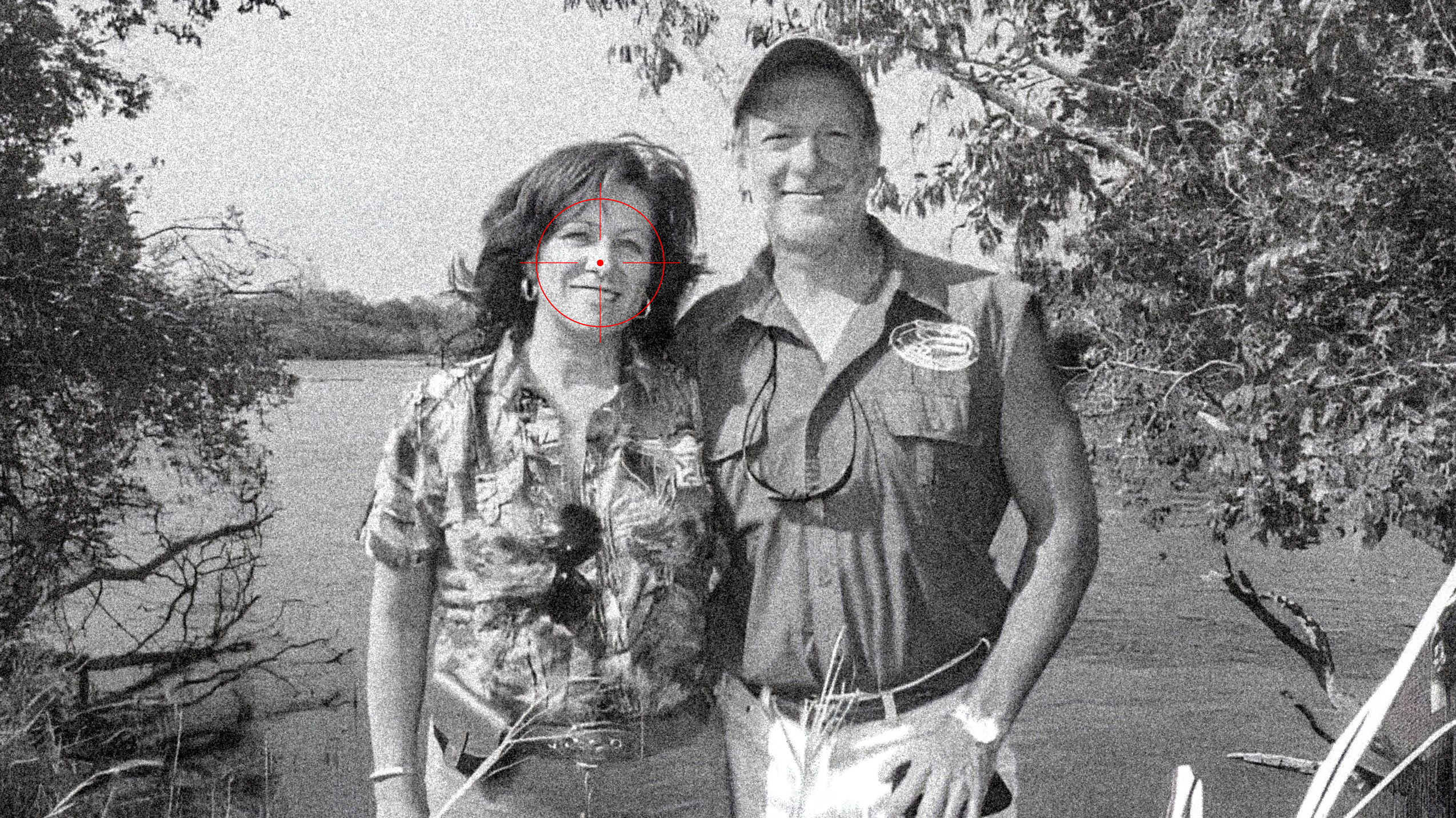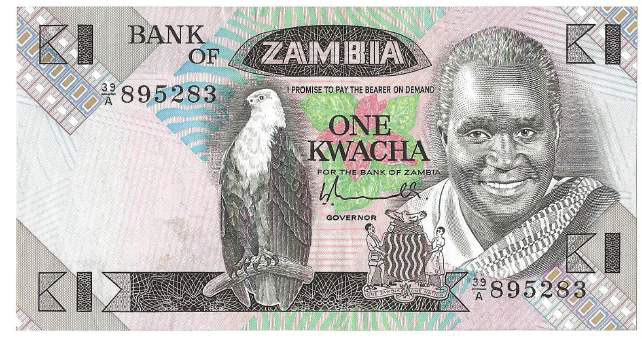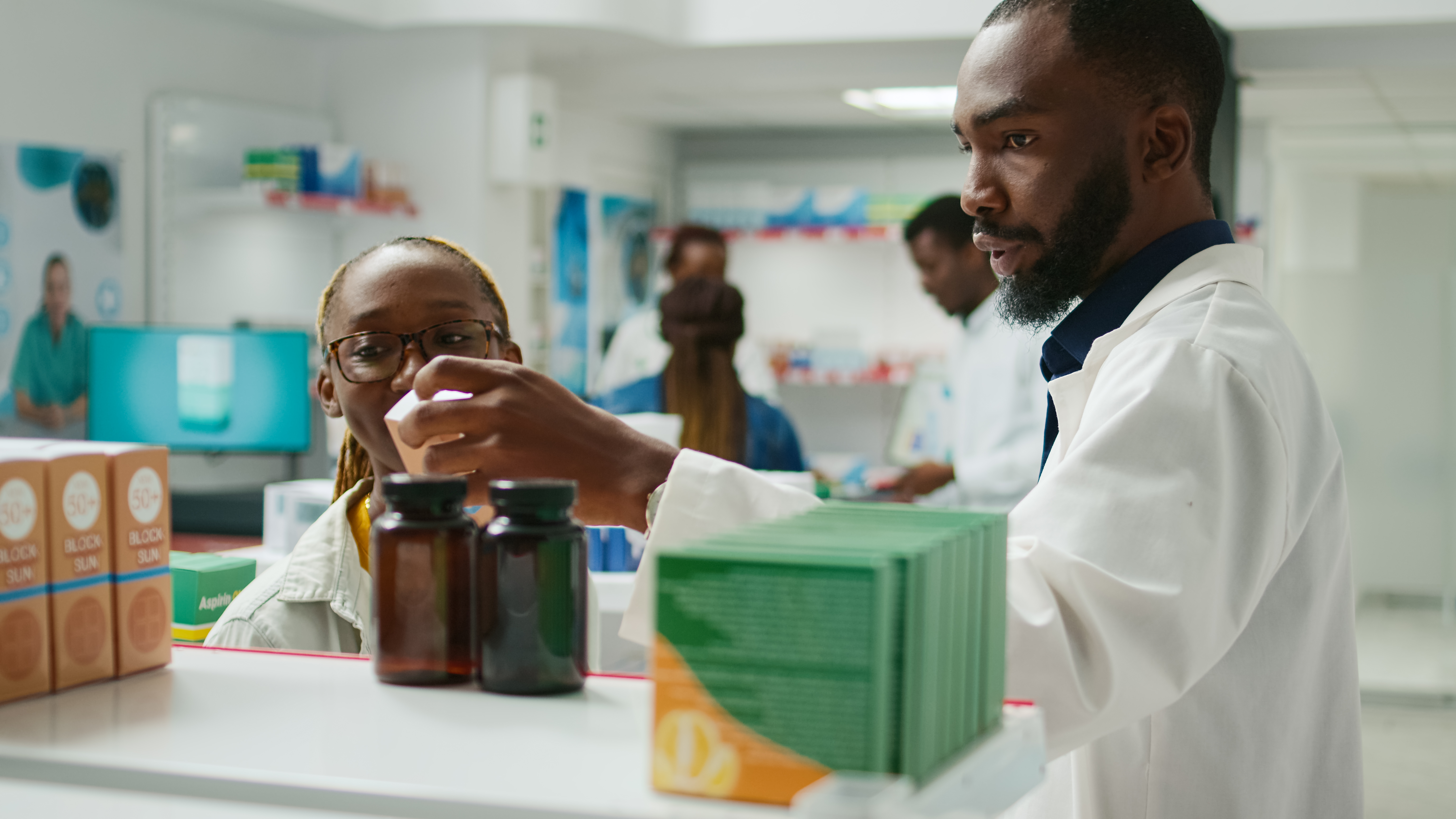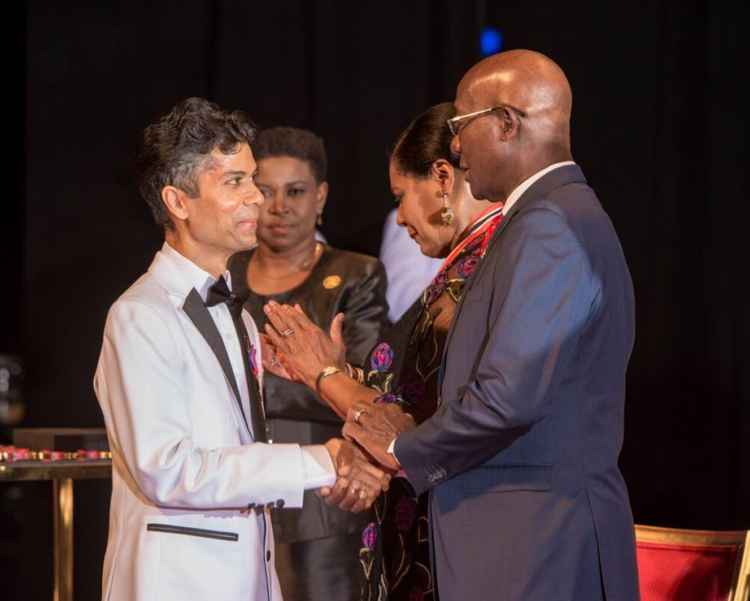
“It’s not fair, there’s an International Women’s Day but no Men’s Day! That’s female privilege.”
If I had a kwacha for every time I’ve heard that, I’d have, well, probably K4. International Men’s Day (IMD) has been around since the 1990s, but it’s still not as well known as International Women’s Day, which first began in 1911. Interestingly, I first heard about IMD from women in feminist circles when I lived in Ghana in 2016. Eight years on, it’s more recognised but still flies under the radar for many.
Talks of a men’s day date back to the 1960s, but it was officially launched in 1999 by Dr Jerome Teelucksingh, a history lecturer from Trinidad and Tobago. He chose 19th November to honour his father’s birthday and to commemorate a 1989 football match that united the nation. Dr Teelucksingh’s aim wasn’t to compete with International Women’s Day; it was about creating an inclusive platform to celebrate men’s contributions and address their challenges. Today, IMD is marked in over 80 countries, focusing on men’s health, positive role models, and gender equality.
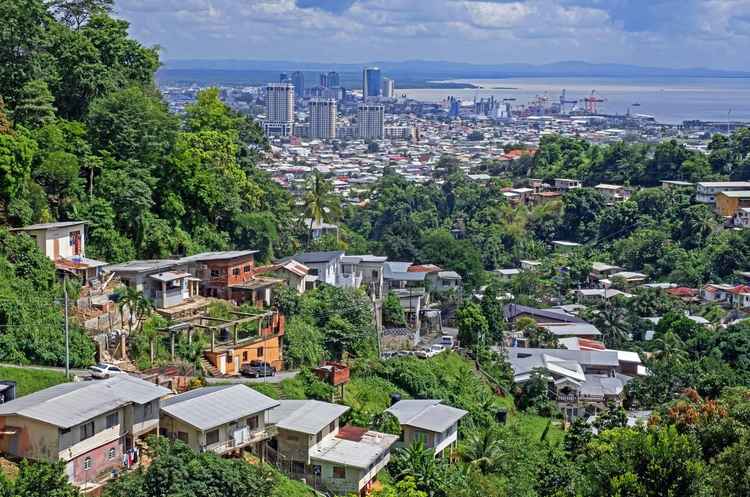
Why IMD Matters
At its heart, International Men’s Day promotes well-being. Men face unique health challenges like prostate cancer, heart disease, and a disturbingly high rate of suicide. Despite this, many are reluctant to seek help, believing vulnerability equals weakness. IMD encourages men to open up about their physical and mental health.
The day also highlights men’s evolving roles. Traditional ideas of masculinity are shifting, and men are expected to be more emotionally present and share household responsibilities. IMD celebrates these changes while recognising the difficulties involved. It also raises awareness about issues such as father’s rights, workplace safety, and male homelessness—topics that can often be overlooked in broader gender discussions.
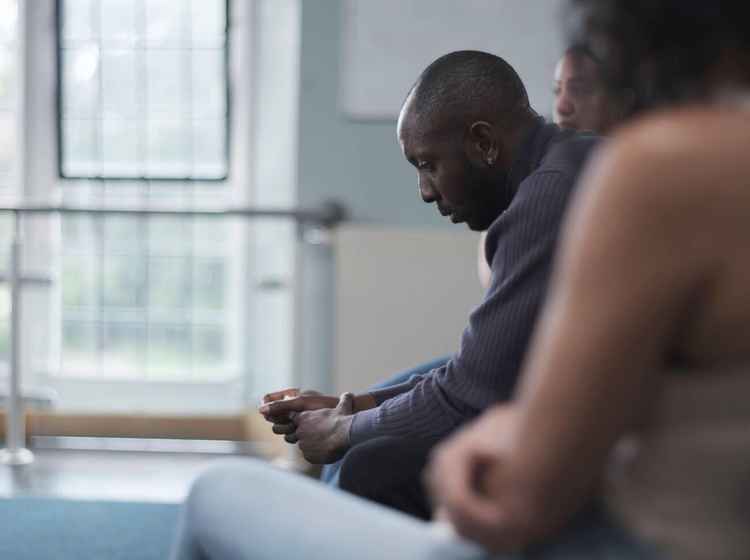
Clearing Up Misunderstandings
One misconception is that IMD is a “men’s rights” event or a reaction to International Women’s Day. In reality, it’s about addressing men’s specific challenges and recognising that both genders have unique struggles. Another myth is that it glorifies outdated, macho ideals. Far from it—IMD encourages men to embrace diverse identities and challenge stereotypes, uplifting those who make a positive impact.
What’s Next for IMD?
The theme of this year’s celebration is ‘Positive Male Role Models.’
International Men’s Day is still finding its place, but it’s becoming increasingly relevant. It’s an opportunity to reflect on progress and the work still needed to support men’s health and well-being. By fostering open, inclusive conversations, IMD shows us that growth is a collective effort—and no one should face their challenges alone.


